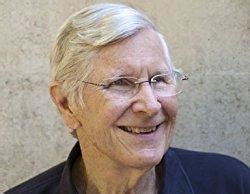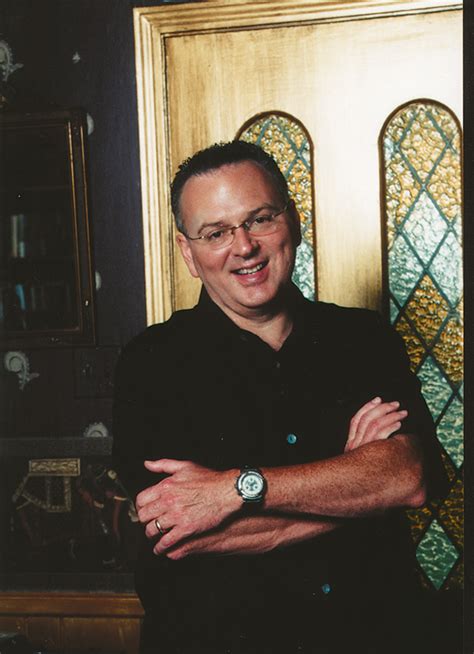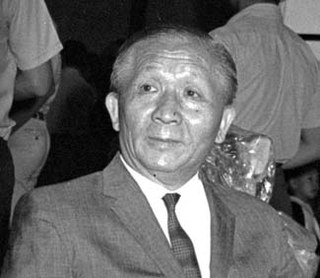A Quote by Radhanath Swami
In 1958, my father invested everything he had in a business venture and became the largest automobile dealership in Chicago for Ford's new Edsel line. But Edsel sales plummeted and my father fell into bankruptcy. I watched him struggle; working long hours to protect us from poverty.
Related Quotes
We usually break the story first. For instance, on The Monuments Men, and this one is more complicated because there's a lot of history, so before we started, we sat down with Robert Edsel, the author of the book, for about a week, and basically, he just gave us a lecture and went through everything. And then, I had a researcher, somebody who we had actually used on Argo.
In 1984, as a college freshman, I spent a fall weekend at a friend's house in suburban Chicago. His father worked for Beatrice Foods, a sponsor of the Chicago Marathon, and we watched that race from the finish line as a Welshman named Steve Jones set a new world marathon record. I was bewitched by the race and, especially, the clock.
Ironically, it was the father's blessing that actually "financed" the prodigal son's trip away from the Father's face! and it was the son's new revelation of his poverty of heart that propelled him back into his Father's arms. Sometimes we use the very blessings that God gives us to finance our journey away from the centrality of Christ. It's very important that we return back to ground zero, to the ultimate eternal goal of abiding with the Father's in intimate communion. (pg. 243)
The Son is called the Father; so the Son must be the Father. We must realize this fact. There are some who say that He is called the Father, but He is not really the Father. But how could He be called the Father and yet not be the Father?... In the place where no man can approach Him (I Tim. 6:16), God is the Father. When He comes forth to manifest Himself, He is the Son. So, a Son is given, yet His name is called 'The everlasting Father.' This very Son who has been given to us is the very Father.
My father died when I was 10; my sister got polio a couple of years later and was paralyzed. So there I was - my sister in a wheel chair, my father gone, and my mother a quiet little mouse. You see, it was the '30s in the South, so my mother was not prepared to cope. So I was scared to death. And being that scared, everything afterward became a struggle not to go down the drain. Struggling became a way of life for me.
Henry Ford has several times sneered at unproductive stockholders.... Well, now. Let's see. Who made Henry Ford's own automobile company possible? The stockholders who originally advanced money to him. Who makes it possible for you and me to be carried to and from business by train or street car? Stockholders.... Who made our vast telephone and telegraph service possible? Stockholders.... Were stockholders all over the country to withdraw their capital from the enterprises in which they are invested, there would be a panic ... on a scale never before known.
'Master Harold' is about me as a little boy, and my father, who was an alcoholic. There's a thread running down the Fugard line of alcoholism. Thankfully I haven't passed it on to my child, a wonderful daughter who's stone-cold sober. But I had the tendency from my father, just as he had had it from his father.






































